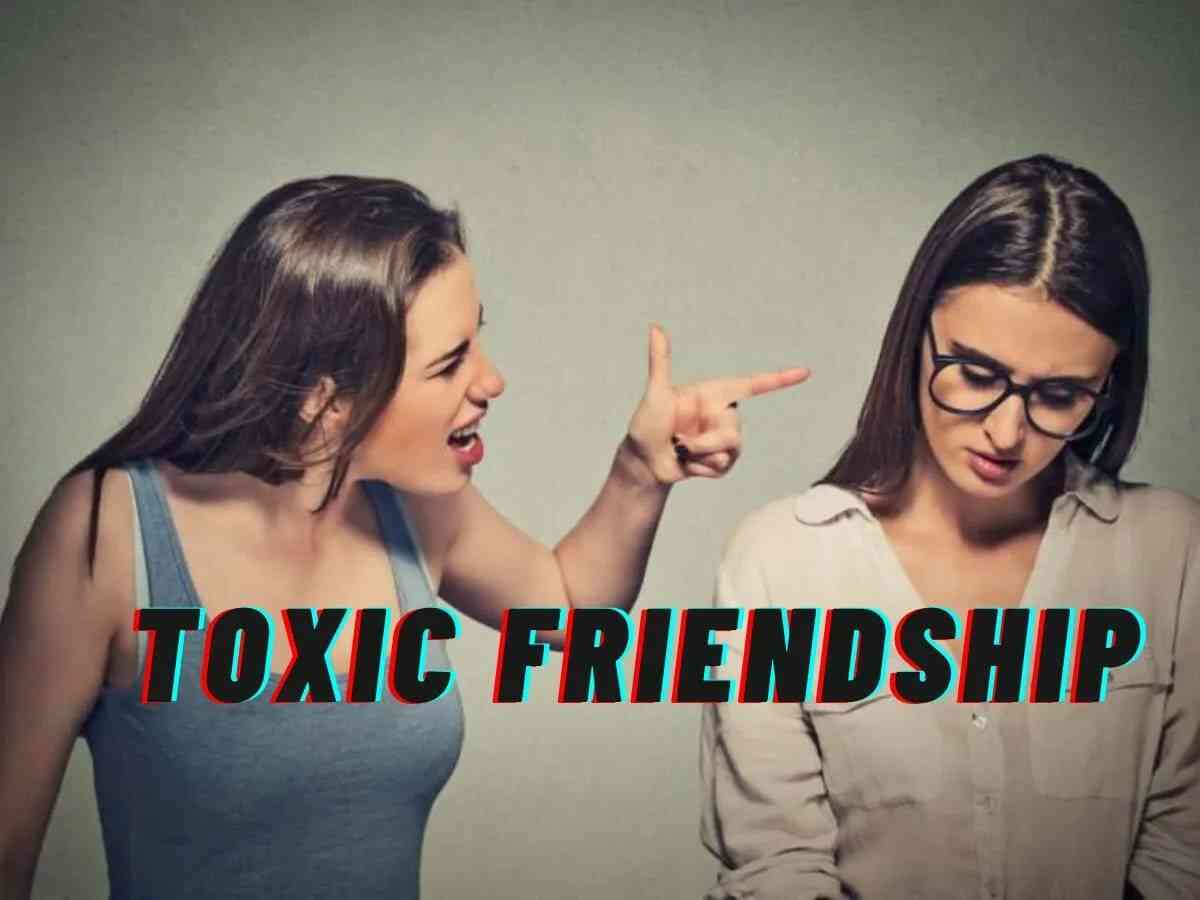Toxic Friendships

Clinical psychologist Andrea Bonior, PhD says, a toxic friendship “emotionally harms you, rather than helping you"
Does your friend often make fun of you? Belittle your achievements? Do you feel unhappy in the company? True friendships are based on mutual love and support. While even the best of friendships have their ups and downs, a true friend is a source of happiness and comfort in your life. A toxic friendship may, however, often do more harm than good.
According to Clinical psychologist Andrea Bonior, PhD, a toxic friendship “emotionally harms you, rather than helping you.”
There might be several tell-tale signs of a toxic friend. Friendships are meant to be equal give and take. If you feel like you’re the one who is always giving, without getting the same support, it is a bad sign. Of course, your friend isn’t supposed to be available for your 24/7, but if this pattern repeats itself more often than not, your friendship might be a toxic one.
Ask yourself who you are in the company of this friend? Are you your most authentic self? Friends bring out the best in us, not the worst. Do you find yourself doing things you wouldn’t otherwise do? Perhaps you are drinking more than you normally do or find yourself gossiping.
In most friendships, we often “click” with the other person. However, if over time you find yourself wondering why you are friends with this person, you may be in a toxic friendship.
According to Erin Miers, PsyD, a psychologist and consultant for parenting website Mom Loves Best, a toxic friend might “lie or misrepresent information to create confusion and stress. They do this intentionally to mess you up and mess with your head.”
A friend who brings stress and chaos into your life, which might impact your psychological well-being is probably not the right friend for you.
It might be hard to believe, but as humans, most of us instinctively know when something is not okay. If you find yourself wanting to cancel plans with a particular friend or feeling unhappy about receiving a call or text from them, it might be a giveaway that your friendship is not as healthy as you think.
According to Erin Leonard Ph.D. of Psychology Today, the first step is to emotionally distance yourself from a toxic friend. Allow yourself to take some time off from this friendship and reevaluate it. She also suggests that it is okay to talk to and have fun with such a friend without discussing personal things and keeping the conversation light.
Dealing with a toxic friend can be difficult and stressful. It might help to confide in another person you really trust as you navigate a toxic friendship. Recognising a toxic friendship requires honesty with yourself.
It is important to remember that losing friends over time is normal. It is inexplicably a part of life. Over time as life changes, so do our friendships. In times like these, ensure you lean onto someone you trust and make space for your feelings. It is important for you to make the decision that makes you peaceful, whether it is letting the friendship go or reducing contact over time. However, you choose to go about it, choose to be compassionate and kind towards yourself.
– Urveez Kakalia and Niharika Bhatia.


